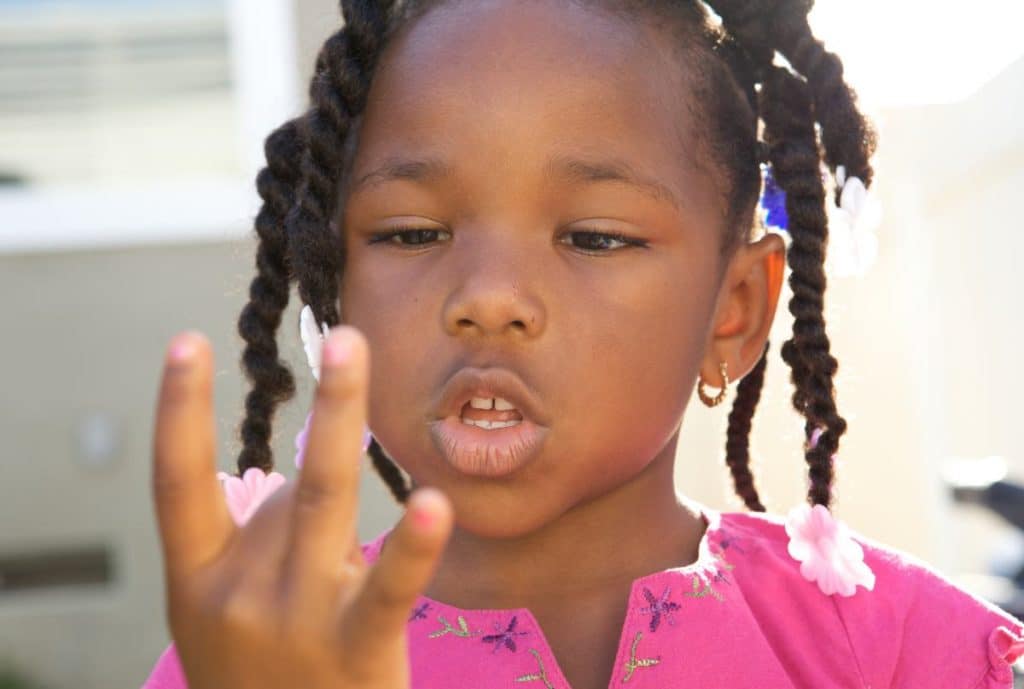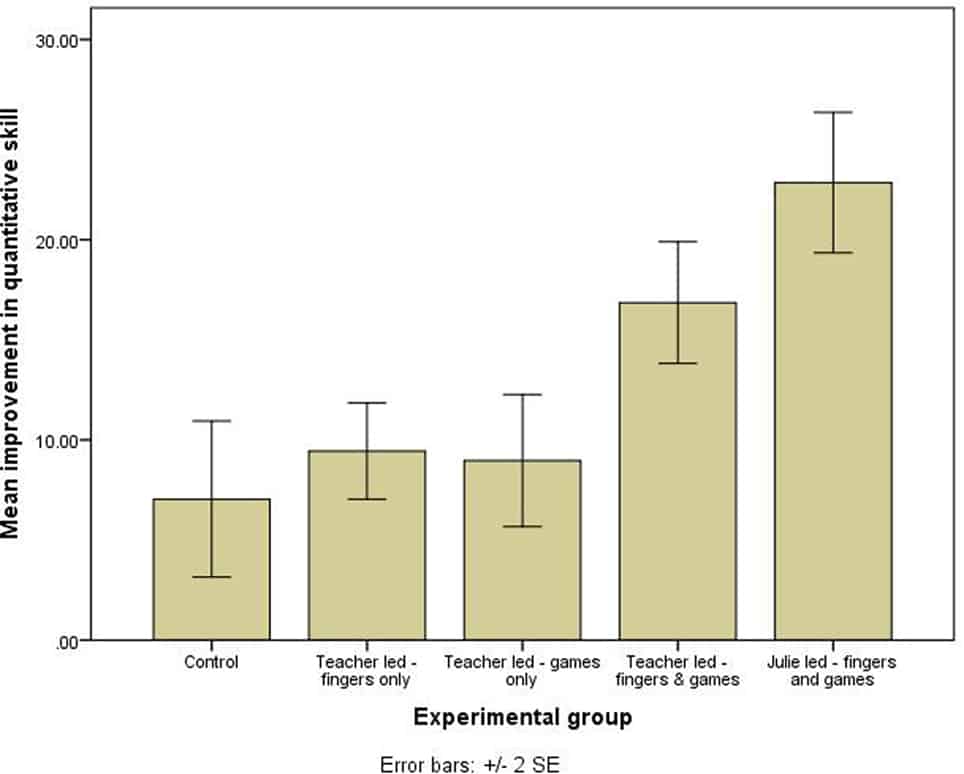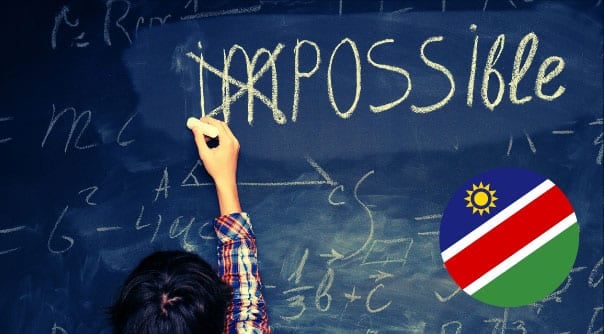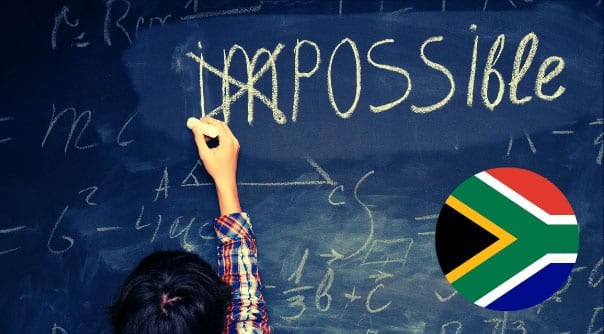
Is it OK for children to count on their fingers? Generations of students have been discouraged by teachers from using their hands when learning math. But a research article published in Frontiers in Education shows using fingers may be a much more important part of math learning than previously thought.
The article, by Professor Tim Jay of Sheffield Hallam University and independent researcher Dr. Julie Betenson, confirms what parents have long felt instinctively: that the sorts of finger games children often play at home are central to their education.
The researchers worked with 137 primary students aged between six and seven. All the children were given different combinations of counting and number games, but only some were given exercises that involved finger training.
Some students played games involving number symbols, such as dominoes, shut-the-box, and snakes and ladders.
Other students were asked to play finger games, such as being asked to hold up a given number of fingers, or numbering fingers from 1 to 5 and then having to match one of them by touching it against the corresponding finger on the other hand; or tracing colored lines using a particular finger.
Both groups did a little better in math tests than a third group of students who simply had ‘business as usual’ with their teachers. But the group that did both the counting and the finger games fared significantly better.

The findings show that a finger training intervention, when combined with intensive exposure to multiple representations of number can support young children’s development of quantitative skills. This adds to evidence in the literature regarding the role of fingers in children’s mathematics learning and may have implications for pedagogical approaches.


